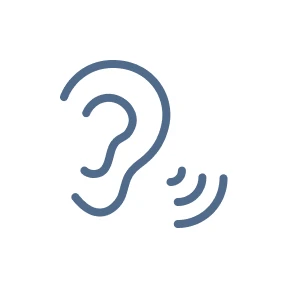
Primary Treatment
Our primary care facility, located in Cape Town, gives patients 24/7 care and support where they will receive intensive treatment. The facility is located in Marina da Gama, just a few minutes away from the beach and is patrolled by armed security, ensuring the safety of our patients. It does not offer detox but does work closely with other institutions to refer patients who need to detox from heroin or other substances.









